Being a double-amputee doesn’t mean you can’t find your place in the agricultural world — and for Alex Jauregui, that place is as a beekeeper.
Jauregui served for 11 years in the U.S. Army and deployed four times — twice to Iraq and twice to Afghanistan. In 2012, two months into his fourth tour with the 82nd Airborne, he stepped on an improvised explosive device (IED) and lost both of his legs. He is now the owner and operator of Woodland’s Fury Bees and Pollination in Woodland, California.
Why do you do what you do?
When we initially moved here, I had about a five-acre lot, and my brother and brother-in-law suggested that we maybe plant an orchard together as partners. However, it was very expensive to do that. So my brother-in-law, who works for an almond grower, said there’s a big demand for beekeepers in the area. So we went to go look at some prices on bee equipment, saw that it was doable, and we bought a bunch of equipment and just started researching beekeeping. We started with 75 hives, and now we’re at 800.
We provide a product to farmers. Bees are absolutely necessary for the almonds, so we rent out our bees for pollination for the almond growers.
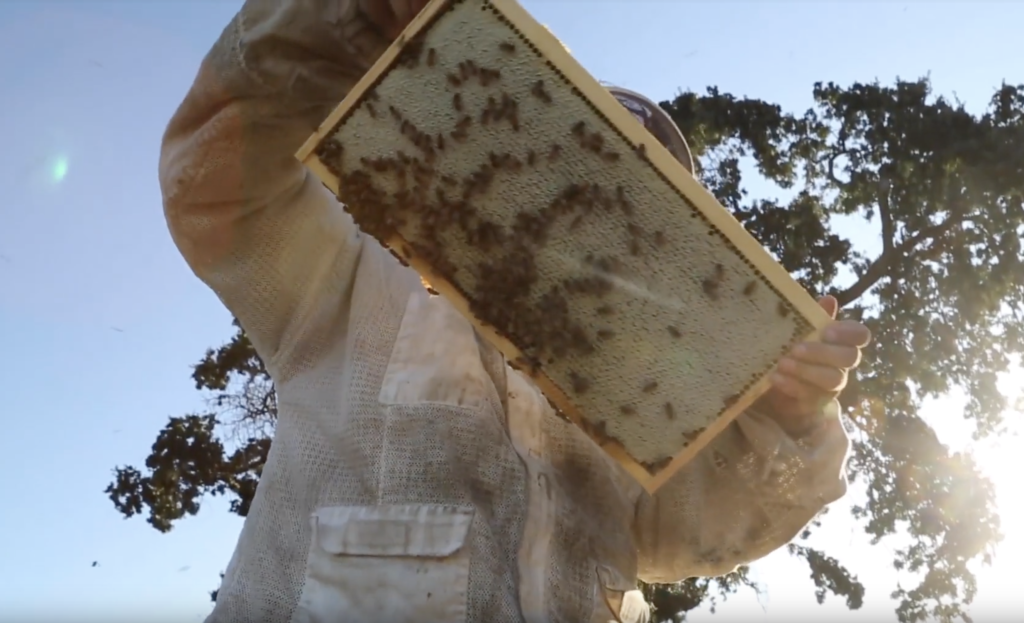
There are a lot of things about beekeeping that are good. For one, and I don’t know how factual this is, but they say that if bees go extinct, humans will go extinct because just about everything we eat requires bees. So with the almond, our big focus is the almond — you cannot have almonds without bees. They’re needed for cross pollination.
So that’s where our business model is right now, is the almonds. Eventually we will tap into the honey market because, you know, with honeybees you’re going to get honey. But right now our primary focus is pollination.
What’s the life of a farmer like?
Hard. Especially in beekeeping, everybody thinks you just buy a box of bees, put them out, and then you don’t have to do anything to them. There’s a lot of maintenance, there’s a lot of upkeep on bees, treatments. Because you have big yards like us, we do 20 pallets, and they’re four-way pallets so it’s four beehives per pallet. If one beehive gets sick, it spreads it to the whole yard. So there’s definitely a lot of treatment, a lot of long hours, and a lot of physical labor.
What’s the hardest day on the job?
My hardest day on the job is whenever you have to lift a beehive that’s completely full of honey — basically, it’s at its potential. So those hives can get really, really heavy — probably 70 or 80 pounds. But with no legs, that can be pretty challenging.
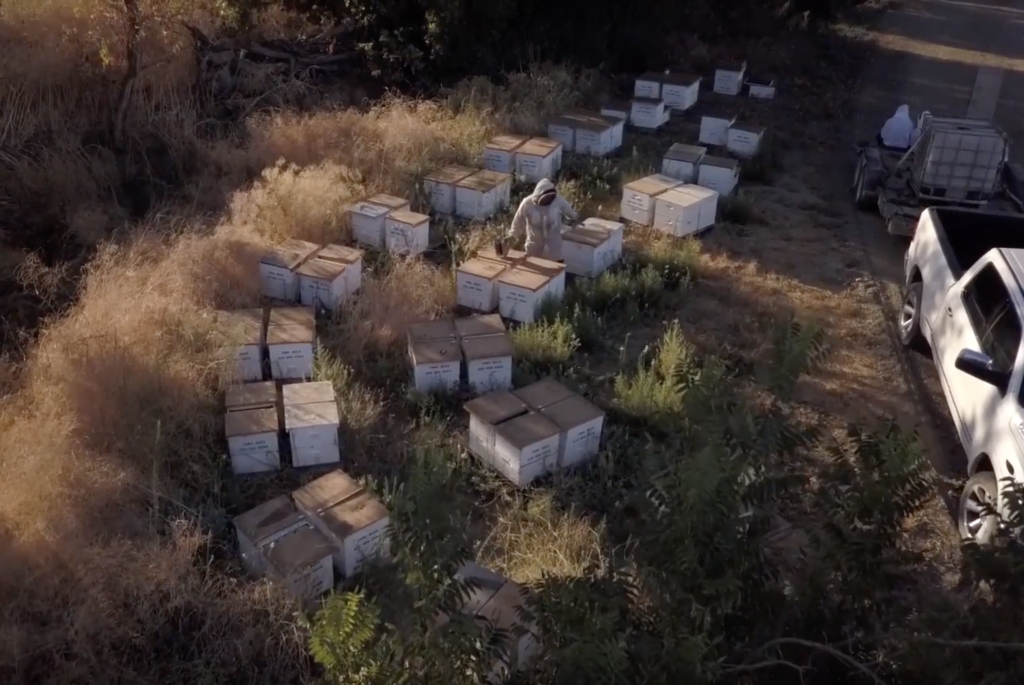
Sometimes you open up a hive — and there’s hives that you can open and they’re completely docile, they’re not really aggressive. But one day, as soon as I opened up the hive, I just get attacked by all these bees. It was supposed to be a light work day, I didn’t even have my bee suit on. I was just opening them to check them out, do a quick inspection. But the minute I opened them up, I got lit up by like 10 bees. And I can’t run away, so that sucked.
What do people get wrong about your job?
I think what people get wrong about my line of work is the misconception that you can just buy a beehive and they have no upkeep or maintenance, really. You just kinda let them be wild. That’s a big misconception.
Are you passionate about what you do? If so why?
I’m very passionate about what I do. One, because it has a lot of achievements in it. So for instance, the day that I learned how to clone queens, it was a big achievement. So there’s a lot of things that you’re constantly learning. One of my mentors says, “I can teach you how to do one thing ten different ways and all ten of them are right.” So the small victories are very rewarding.
This article was originally published Aug. 25, 2019, on Coffee or Die.

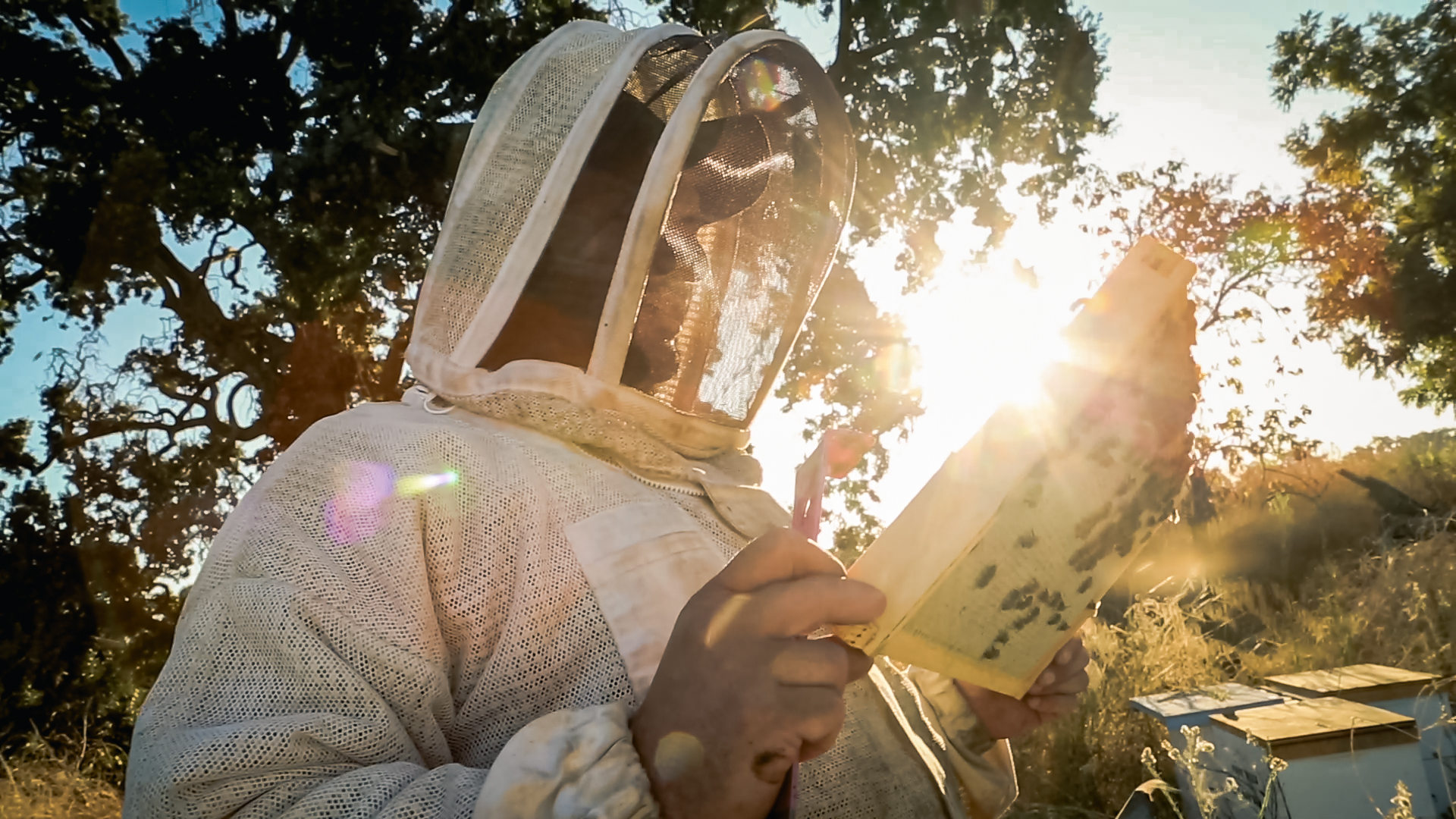

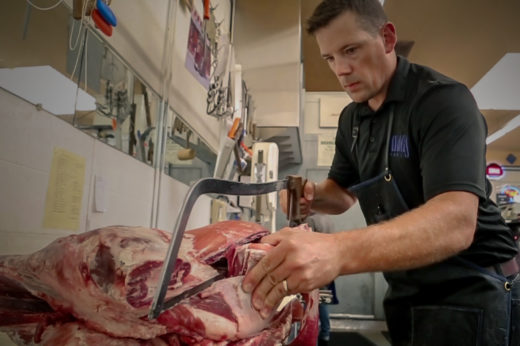
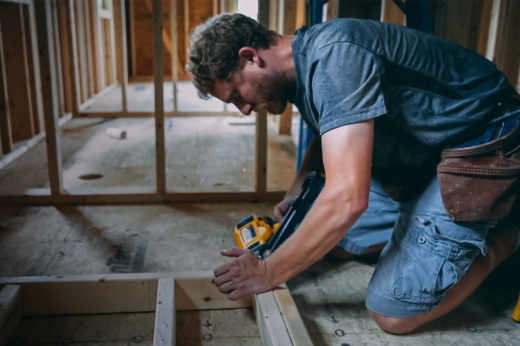
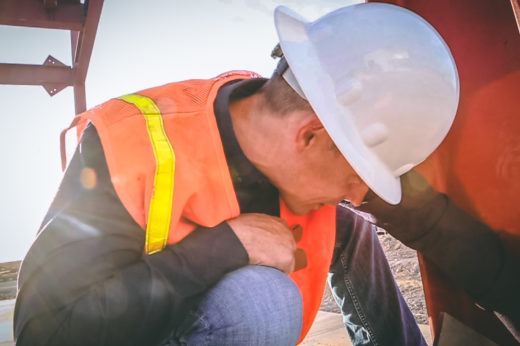


Comments